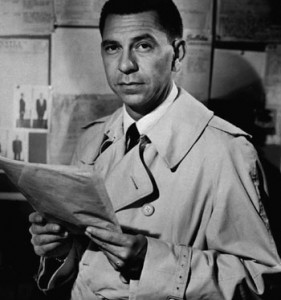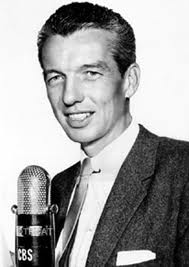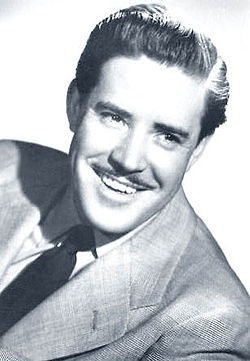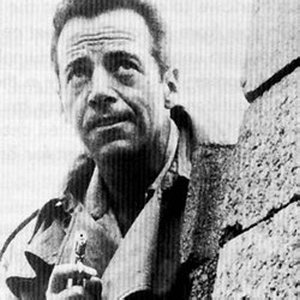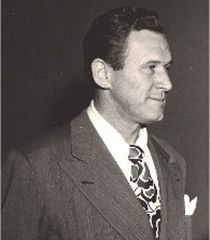***Spoilers Ahead***
Sometimes, the simplest story is the best story. This is something that Stephen Moffat will never quite get. He’s a clever writer and loves clever twists and tricking the audience. Sometimes, the tricks are genuinely clever and delight the viewer, and sometimes they undermine everything viewers have been through and make them feel cheated.. This was true in Doctor Who Series 6, and it’s certainly true of The Abominable Bride.
The premise of the Abominable Bride as advertised is that it’s Sherlock Holmes done properly. Sherlock set in the Victorian era. And for the first hour, that’s what we got as Sherlock Holmes investigated the case of a woman dressed as a bride who shoots herself in the head is taken to the morgue. Then she shoots her husband and goes on a killing spree across London.
It’s a bizarre story but certainly intriguing fodder for Sherlock Holmes and it goes along along nicely for an hour. We have some good moments, some great humor, and an intriguing mystery. You had all the cast dressed in fine Victorian fashion and Mark Gatiss (playing Mycroft) dressed in a fat suit to match the enormous character described in the book.
However, I saw a problem. There were so many moments that didn’t ring true to the Victorian era. Why bother doing this story if it wasn’t go to be of the era? But there was an explanation.
***Spoilers Ahead***
And that explanation was?
***Last warning before Spoilers***
It was all a dream. A narcotics-induced dream by the modern Sherlock. We learn that an hour in. We’re told he was extremely hooked on multiple drugs at the end of, “His Last Vow,” in Series 3 however he showed no signs of being high because he’s Sherlock and he’s an addict and you can never tell when a drug addict is so high that they’re going to induce a Victorian dream world. Or the writers just needed him to be high in order to make their vision of the story work.
But it’s not just a dream world, it’s dream worlds within dream worlds.In the first dream world, Sherlock tells us that the crime he’s solving is real and he’s hoping by solving it with an imaginary 19th century investigation to get clues into how Moriarity came back even though he had no way of knowing when he got on the plane that Moriarty was back. However, by the end we’re not even sure of that. Though, we do get back to the investigation eventually and we learn who was behind it.
Militant suffragettes. We’re treated to a speech in which Sherlock explains how a group of militant suffragettes committed the murders and were justified in doing so because men were awful and in the end (for what it’s worth as we don’t know if what’s going on is real), Sherlock lets them go and agrees to have them marked as a failure.
It’s ironic the great big speech about how men are evil oppressors keeping women down was delivered by a man in a room full of silent women serving as a backdrop. While militant suffragettes were a thing in Great Britain, they didn’t really go in for mass murder, more for arson and bombings, though this was mostly during the First World War. Given the state of the world, it’s incredibly socially irresponsible about having Sherlock (and Doctor Watson) giving a tacit wink and a nod to terrorism as a legitimate way of achieving social change.
Certainly, the status of women and their plight in Victorian times could serve a legitimate purpose or point in a Sherlock Holmes story if handled right, but here it’s overbearing and stifles the rest of the Victorian plot.
Of course, the biggest problem is that nothing we see is even real within the context of the story. I guess that makes it a triumph of post-modern storytelling where nothing really has to make sense or have any cohesion as long as you’re deconstructing stuff. The only thing we’re sure is real is the final scene where modern Sherlock lands, gets off the plane, and has a conversation with his brother. The rest of it is dreams within dreams for a contrived character journey ending with a psychological meeting with Moriarty (Andrew Scott) who was killed off in Series 2. The only good news is that people can skip this episode and miss nothing in terms of future series.
What’s disappointing about this is, unlike most other television series, is this is Sherlock and this is the first episode in nearly two years and it will be more than a year until the next series of episodes.
The main actors are still good, or at least as good as their material will allow them to be, but the material was pretty awful.
At the end of the day, Stephen Moffat should have hired George Mann or Jonathan Barnes (who have both shown they can write proper Sherlock Holmes for Big Finish), or someone of their talent to write a straightforward Sherlock Holmes story set in the Victorian era and had the cast do it in that style. Instead, we get a confused story that borrows from the plot of Moffat’s 2014 Doctor Who Christmas Special “Last Christmas” to produce something far less compelling.
Rating: 1.5 out of 5.0
If you enjoyed this post, you can have new posts about Detective stories and the golden age of radio and television delivered automatically to your Kindle.

